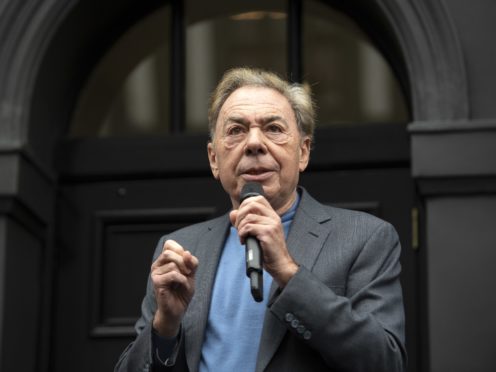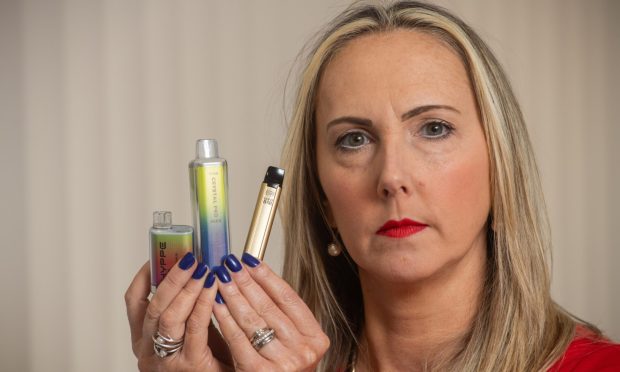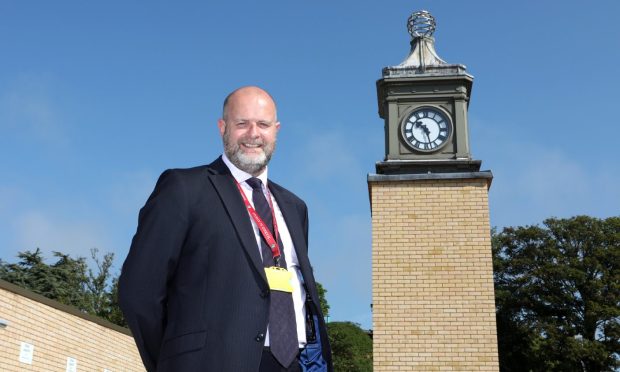West End musical impresario Lord Lloyd-Webber has criticised successive governments for cutting the music budgets in schools.
The composer branded the budget cuts the “stupidest thing that could ever have happened” and said music had the ability to transform struggling schools.
Lord Lloyd-Webber said: “I passionately believe that the cuts to the arts and to the music budgets in schools by successive governments is probably the stupidest thing that could have ever happen.
“Every penny that is saved – in everything from behaviour, and not to mention what happens as a consequence of children learning music.
“Take the Brit School, where they’ve had their budget cut for over 16-year-olds. That school produced Adele and it produced Amy Winehouse and I don’t think Adele’s done too badly.
“I think it’s a complete false economy because it is essential to get music and the arts in general back into our schools big time.”
Lord Lloyd-Webber highlighted the work one school in north London did a decade ago with music to improve behaviour and attainment.
“It was a school that was pretty much about to be closed because it was in special measures and all that,” he said.
“It was turned around by a scheme using music, and the scheme was that every child who arrived was given a free violin and then a music lesson for the rest of their time at the school.
“I went to school and in many cases this violin was the first thing that these kids had actually owned.
“The music literally turned the school around and within four years they got their first scholarship to Oxford.
“And I thought this is amazing and I got in touch with the headmistress there and she now runs something called the Music in Secondary Schools Trust.
“This scheme proves if you bring music into schools – nothing to do with turning them into professional musicians – but it helps on every level from behaviour through to academic level of achievement and actually self-esteem because music is an empowering force for all kids.”
Lord Lloyd-Webber was in conversation with screenwriter Richard Curtis about his career during an event at the Cheltenham Literature Festival.
He said he had fallen in love with musicals as a boy, and as a teenager he was introduced to Tim Rice, which was the start of a long professional partnership.
Lord Lloyd-Webber said he was convinced his hit musical Cats would be a complete disaster as he was not working with Rice.
“The funny thing about it was that it became us against the world and we all have this blind faith that somehow something rather extraordinary was going to happen,” he said.
“I think people perhaps forget now because it’s 40 years ago but what we were doing hadn’t been tried at all before.
“It was really, really very extraordinary because everything we were doing with Cats was experimental.”
Lord Lloyd-Webber said he had just finished writing a version of Cinderella, which he described as “interesting”, and said musical theatre was going through a “purple patch”.
“The reason I’m doing it is because it’s a very alternative take on it,” he said.
“It’s written by a girl called Emerald Fennell who did the second series of Killing Eve.”
Curtis asked: “Is Cinderella a psychotic, dark-haired freak?”
Lord Lloyd-Webber replied, jokingly: “Yes … certainly two of those things.
“I’m going to do a reading of it in the next four or five days. I think I’ll take a decision at the end of the week.
“It’s really about theatre availability because, for the first time actually in my career, there isn’t a theatre immediately available in Broadway or in London.”










